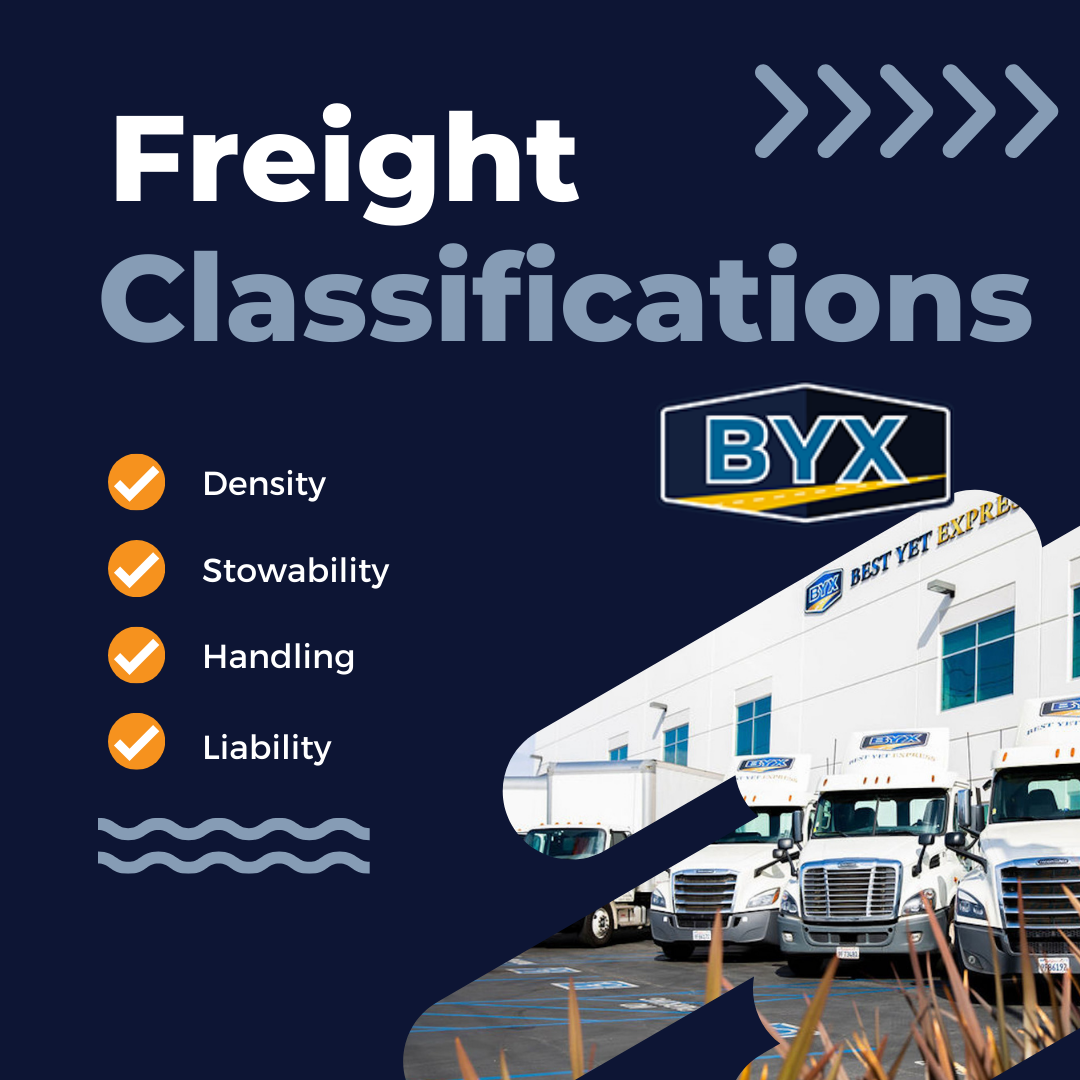In the dynamic world of logistics and transportation, efficient shipment quoting is a critical component that directly impacts the success and competitiveness of trucking companies. As technology continues to revolutionize the industry, the emergence of shipment quoting companies promises streamlined processes and enhanced transparency in freight management. However, behind the veil of convenience and efficiency lies a nuanced understanding of how these platforms operate and the implications for trucking businesses. In this blog post, we delve into the truth behind shipment quoting companies, unraveling their inner workings and shedding light on key considerations for trucking companies navigating this landscape.
Understanding Shipment Quoting Companies
Shipment quoting companies, also known as freight rate marketplaces or digital freight platforms, leverage technology to connect shippers with carriers, facilitating the process of obtaining and comparing freight rates for shipments. These platforms typically operate as online marketplaces where shippers can submit their shipment details, and carriers can bid on available freight opportunities. The fundamental premise is to streamline the quoting process, improve pricing transparency, and foster efficient communication between shippers and carriers.
But there’s a lot more to it than that.
How They Work
- Shipment Submission: Shippers input shipment details such as origin, destination, dimensions, and weight into the platform’s interface, generating a request for quotes (RFQ).
- Carrier Bidding: Carriers registered on the platform receive notifications of available shipments matching their service capabilities. They then submit bids or quotes based on factors such as capacity, route optimization, and pricing strategies.
- Quote Comparison: Shippers review and compare quotes from registered carriers, considering factors like price, transit time, service level, and carrier reputation.
- Selection and Booking: Shippers select the preferred quote, proceeding to book the shipment directly through the platform. Some platforms also facilitate automated booking and scheduling processes.
- Execution and Tracking: Once booked, the shipment is executed according to the agreed-upon terms, with the platform providing tracking and visibility throughout the transportation process.
The Truth Behind Shipment Quoting Companies
While shipment quoting companies offer undeniable benefits in terms of convenience and pricing transparency, it’s essential for shippers to recognize the broader implications and considerations associated with these platforms:
- Fee Structures: Shipment quoting companies typically charge fees or commissions for facilitating transactions on their platforms. Shippers should evaluate these fee structures and assess their impact on overall shipping costs. The fee structure is often buried in the fine print and not transparent to the shipper.
- Market Dynamics: Shipment quoting platforms operate within dynamic market conditions, where factors like supply and demand fluctuations, fuel prices, and regulatory changes can impact freight rates and carrier availability.
- Service Differentiation: Beyond pricing, shippers should consider other factors such as carrier vetting processes (or lack thereof) service quality (not vetted since carriers are often not thoroughly vetted), and customer support offered by shipment quoting platforms.
- Limited Carrier Options: These platform do not seek carriers, they seek shippers and often have very limited carrier options being that these platforms depend on carriers signing up for them. There are a lot of other (dare we say better) options out there that shippers will not find on these platforms.
- Using these portals for urgent loads are unreliable and expensive: collecting spot bids through a quoting platform when proper lead time is not an option is neither efficient nor cost-effective.
- Portal-based bid collection is most effective for less-complex shipments: Shipments that don’t require any special instructions, refined expertise or comprehensive communication are more easily booked through freight quoting platforms.
- Freight quoting platforms are best utilized for shippers with a lower volume of shipping needs: Shippers with regular and/or a large volume of shipments are best served by working directly with a carrier that can provide more than just competitive pricing. A spot quote here and there, where relationships and customer service do not have as great of an impact is very different than a shipper with multiple daily loads where they are counting on the carrier to perform in order for their business to operate efficiently. Larger volume shippers will not have time to spot quote every shipment and should focus on building relationships they can rely on to keep their business moving.
Navigating the Landscape
For shippers navigating the landscape of shipment quoting companies, strategic considerations are essential:
- Evaluate Platforms: Research and evaluate multiple shipment quoting platforms to assess their features, fee structures, and suitability for your shipping needs. Consider the limitations of these platforms and the option to seek direct pricing from carriers.
- Cost-Benefit Analysis: Conduct a cost-benefit analysis to determine the overall value proposition of using shipment quoting platforms compared to traditional methods of obtaining freight rates.
- Relationship Building: Consider establishing a relationships with reputable carriers that can provide direct quoting, align with your business objectives and provide value-added services beyond price quoting.
- Flexibility and Adaptability: Stay agile and adaptable in responding to market dynamics and evolving shipping requirements.
Conclusion
Shipment quoting companies can play an important role in empowering shippers with efficiency and transparency in freight management when utilized mindfully. By understanding the truth behind how these platforms operate and navigating the considerations involved, shippers can leverage shipment quoting companies as sounding boards for pricing and customer service expectations as compared to working with a direct carrier. There are advantages and disadvantages to both. It’s up to the shipper to evaluate their priorities and do the research to find the best model for their specific shipping needs.
At Best Yet Express, we recognize the importance of leveraging technology and innovation to optimize shipping operations and better serve our customers. We provide our own direct quoting system in house. We are not a carrier that utilizes quoting platforms through 3rd parties. We provide quotes based on the market and believe that we are able to offer more competitive pricing directly to customers accompanied by a personal and exceptional level customer service. As you navigate the complexities of freight management, we remain committed to providing valuable insights and solutions to support your shipping needs.









